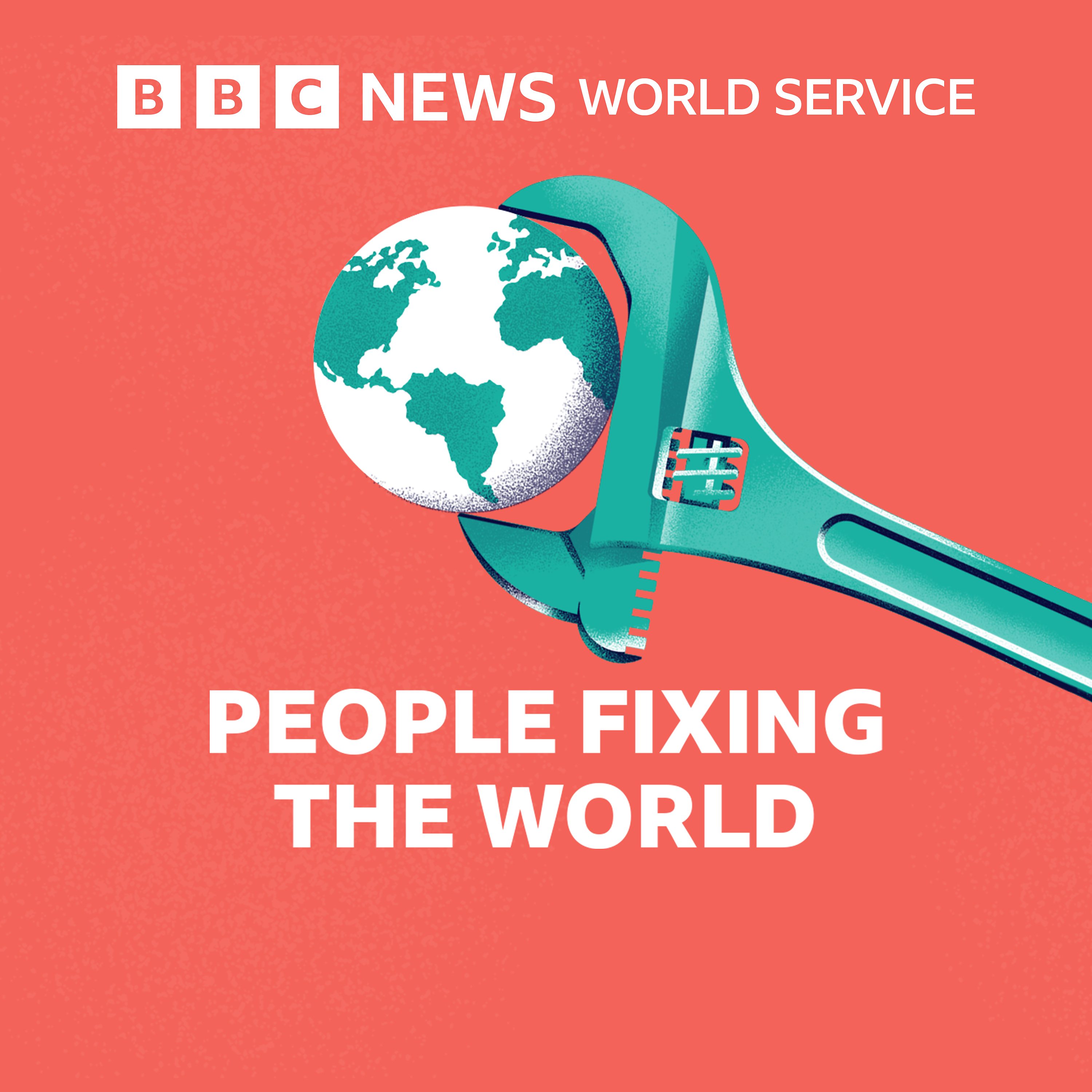

People Fixing the World
BBC World Service
Brilliant solutions to the world’s problems. We meet people with ideas to make the world a better place and investigate whether they work.
Episodes
Mentioned books

Dec 10, 2016 • 17min
Teaching Kids To Think
Giving children lessons in how to think and learn for themselves can lead to dramatic improvements in results, according to education researchers. World Hacks meets children learning these “meta-cognition” techniques through philosophy lessons and juggling and looks at the difficulties in implementing the system.Presented by Sahar Zand. Image caption: Child with hand up in class / Image credit: AP

Dec 3, 2016 • 17min
Reducing US Police Shootings
Nearly 1,000 people were shot and killed by the US police in 2015, sparking protests and huge controversy. But a new solution promises to reduce the death toll, by focusing in on the key moment of stress in which guns are discharged. Studies have looked at police officers' reactions in these situations - including their stress levels and their implicit biases.Now, a new training system has been developed which uses heart rate monitors and breathing exercises to minimise the stress reaction. World Hacks investigates whether the system works, and whether it will help save lives. Presented by Sahar Zand.(Photo: Police stand guard near Trump Tower on Election Day. Credit: Spencer Platt/Getty Images)

Nov 26, 2016 • 16min
Cloud Catchers In Peru
What can you do if you don’t have access to running water? No pipes, no wells, no rainfall? The solution may be to catch water from fog. We meet Abel Cruz, the Peruvian man behind a huge fog net project which is providing water to a community in the slums of Lima. Could fog catching be a solution to wider water crises facing the world?Produced by Tom Colls. Image caption: Fog nets in Peru / Image credit: BBC

Nov 19, 2016 • 17min
Cash Cards For Syrian Refugees
Syrian refugees in Lebanon are being handed cash cards instead of blankets and food. Aid agencies say money transfers are a better way to deliver essential supplies to some of the 1.5 million Syrians who live in the country – they buy what they need themselves. But does it work? We meet Moussa Junaid, who fled Raqqa with his family when IS moved in, and now buys food aid for himself from the local supermarket.Produced by Tom Colls. Image caption: Syrian refugee with cash card.


